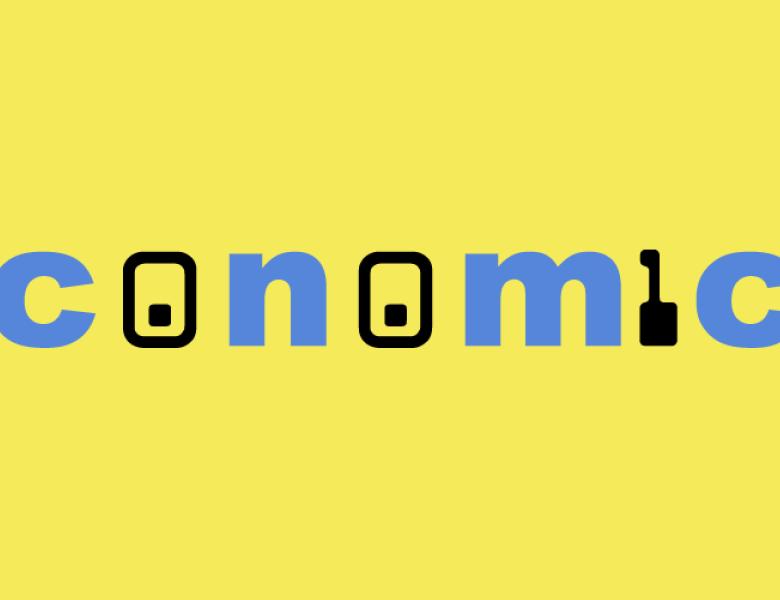
Abstract
Efficient market equilibria exist in many settings, assuming that individuals behave as price-takers. If the participants instead behave strategically, it is often still possible to obtain welfare bounds using the smoothness framework. In this talk I will draw connections between worst-case smoothness bounds and price-taking behavior. I will present new bounds and mechanisms that exploit this connection.
I will first describe an extension of the smoothness framework that provides welfare bounds that improve as markets grow large, sometimes to full efficiency. The analysis considers agents who (perhaps delusionally) imagine that they have no market power and must behave as price-takers. Our welfare bounds depend on how well this delusion approximates the true game.
In the opposite direction, I will show how to use insights from smoothness to design posted-price mechanisms for welfare. Typically, a smooth mechanism is prior-independent and comes with a welfare guarantee at Bayes-Nash equilibrium. Our results demonstrate that by sacrificing prior-independence, one can obtain similar welfare with an ex post incentive compatible mechanism, for a variety of auction problems.


